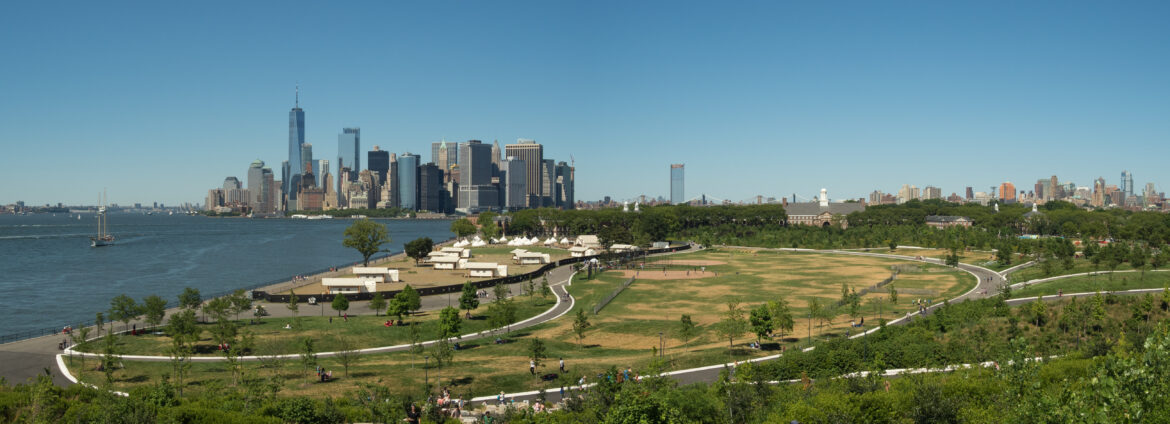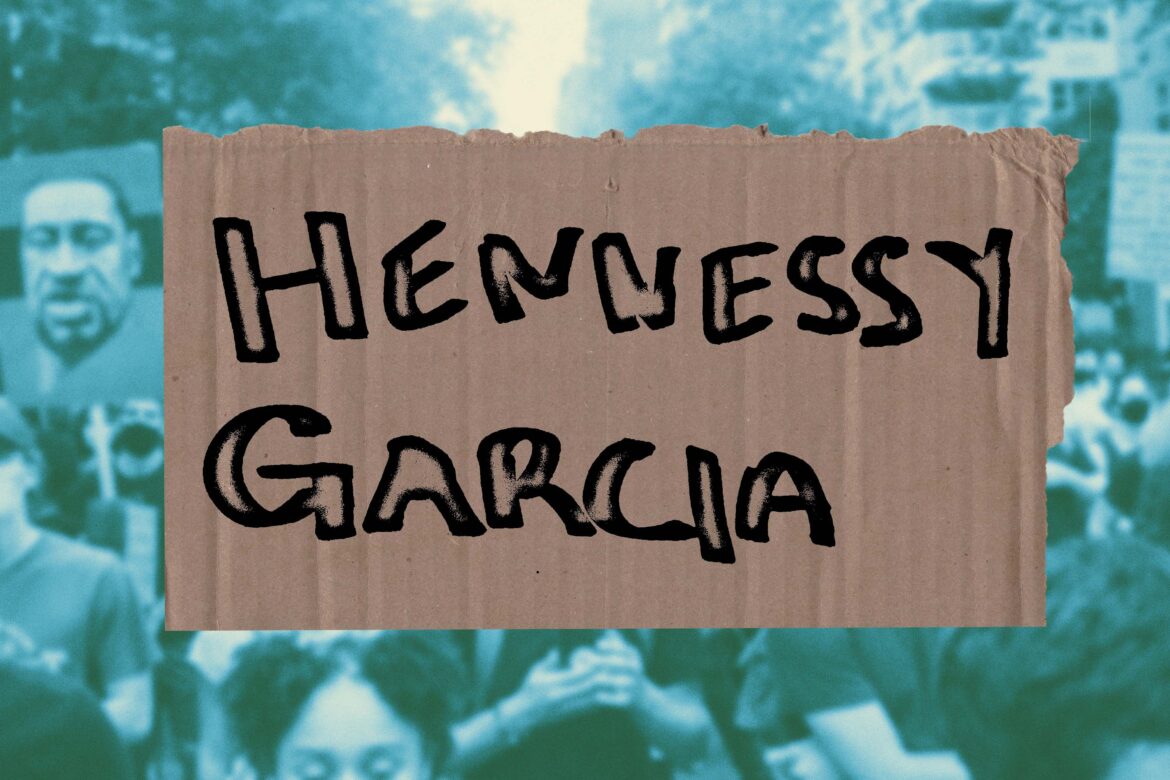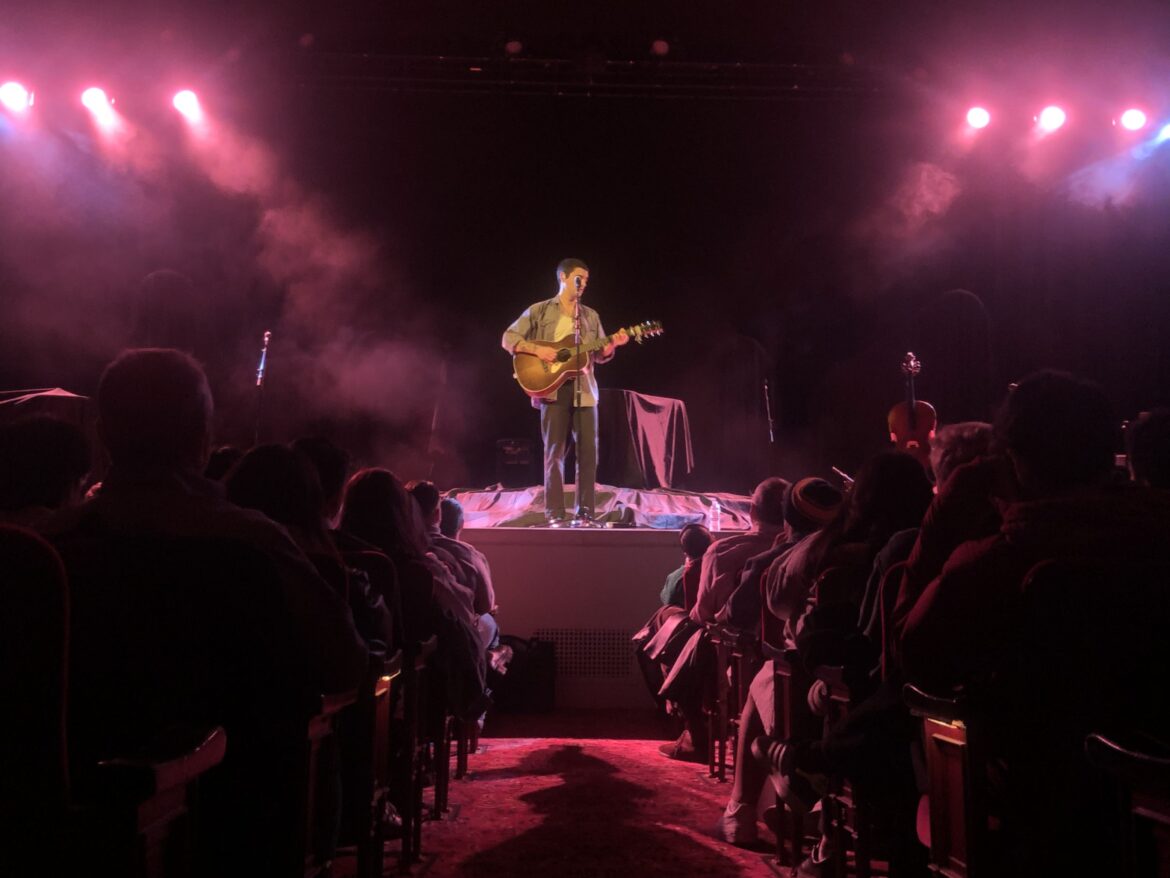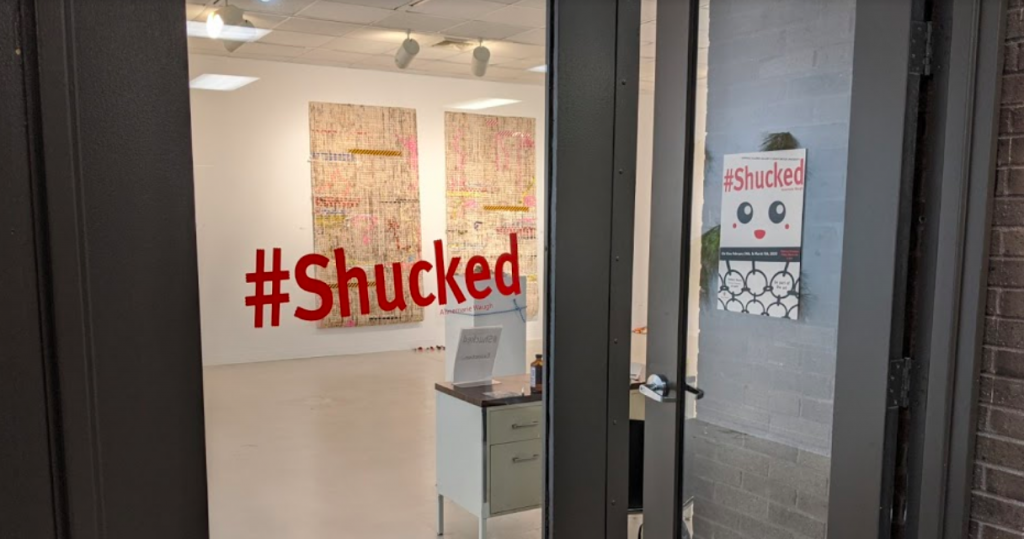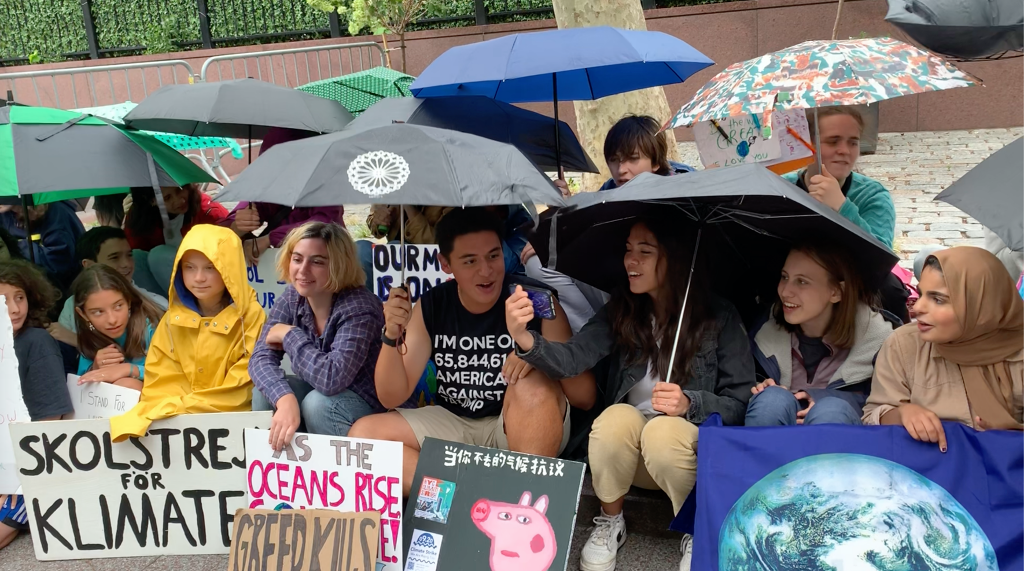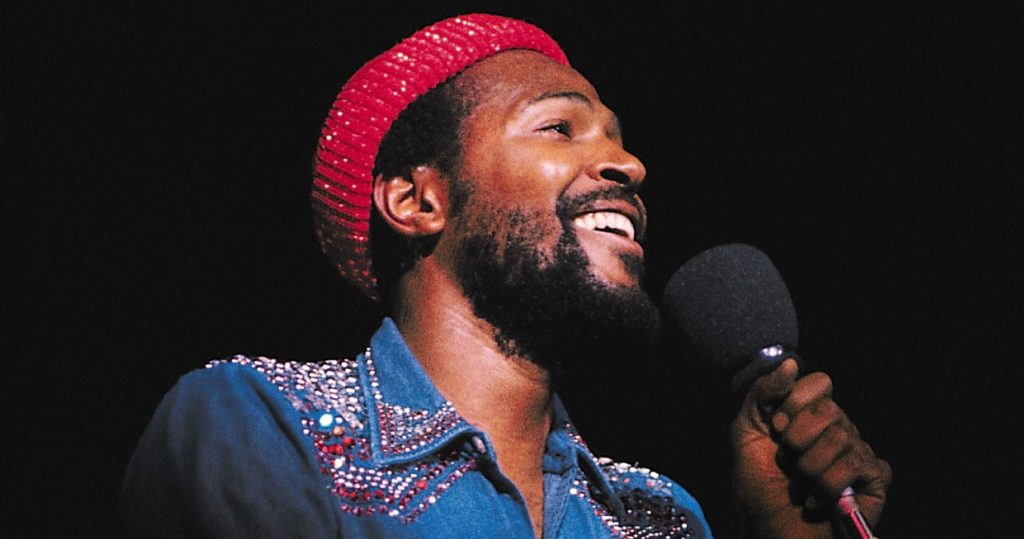The Exchange’s website states that the project is committed to environmental justice by improving “discriminatory practices of the past” and acknowledges the damage that climate change does specifically to “low-income communities and communities of color.” However, none of the partner coalitions and social organizations under The Exchange have been identified as Indigenous or Indigenous-affiliated.
Hennessy Garcia led a Black Lives Matter march through Washington Square Park in New York City, during the summer of 2020, toting a loudspeaker and hair scrunchies. As she handed the megaphone off like a torch to people who wanted to voice their thoughts on police brutality and the justice system, a woman unaffiliated with the march made her way to the front and stripped naked. Garcia laughed.
When I’m faced with a domineering and shapeshifting worry, I tend to escape to music. This is how I found myself watching Adam Melchor perform live on stage. In the days before his performance, I felt burdened by the reminders of all that’s wrong with the world. Not just headlines of climate catastrophe, but also depictions of war, poverty, injustice and monumental suffering.
The first lionfish reported in the Atlantic was found in Florida in 1985, and the species was documented as “established” in the early 2000s. Since then, it has spread south, crossing the entire Caribbean and arriving at the Brazilian coast in a region near the mouth of the Amazon River.
Yoga can create a domino effect: once we begin to become more aware of our breath, we can begin to make choices that lead to clean air for all. And that might incite us to walk more or reduce our usage of aerosol cans. We must view humans and the environment as interconnected, not separate.
A nation resting above the Arabian sea, Pakistan’s vulnerability to climate change reveals that environmental justice is an economic issue just as much as it is an environmental one.
Waugh, a Stony Brook University art professor, is the mind behind “#Shucked.” In combinations of organic and inorganic pieces — rocks, shells and pine needles mixed with bottle caps, sand and duct tape — Waugh expresses human influence on nature.
“We are now on the brink and the only option left is civil disobedience — to disrupt business as usual, so that decision makers HAVE to take notice.”
As I sit here writing almost a year later, the United Nations is gearing up for its Climate Action Summit. It just so happens another artistic relic from (I guess this is some sort of magic number) 48 years ago is coming to mind today.

